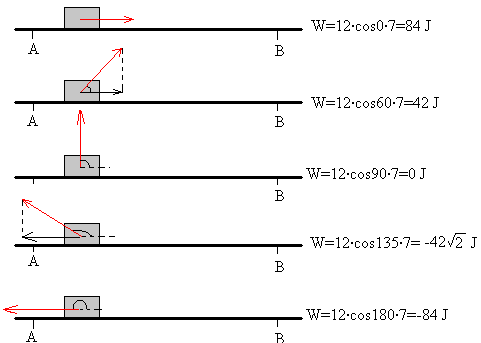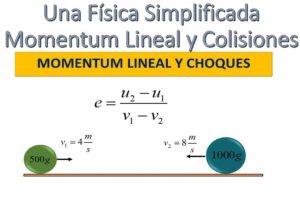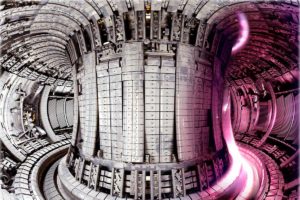Description
With this free course of 20 video lessons you will learn about the most important concepts of Work and Energy in Physics
In classical mechanics, a force is said to perform a job when there is a displacement of its point of application in the direction of that force. The work of the force on that body will be equivalent to the energy needed to move it. Consequently, a certain mass is said to have energy when that mass has the capacity to produce work; Moreover, it follows from this statement that there is no work without energy. For this reason, it is said that coal, gasoline, electricity, atoms are sources of energy, since they can produce some work or be converted into another type of energy; To understand this, we take into account the universal principle of energy, according to which energy is neither created nor destroyed, it is only transformed.
In conservative systems, mechanical energy is conserved. If frictional forces are considered, part of the energy is dissipated, for example, in the form of heat due to the work of frictional forces.
Work is a scalar physical quantity that is represented by the letter {displaystyle W} W and is expressed in units of energy, i.e. joules (J) in the International System of Units.
Since by definition work is a transit of energy, it is never referred to as an increase of work, nor is it symbolized as ΔW.






Reviews
There are no reviews yet.